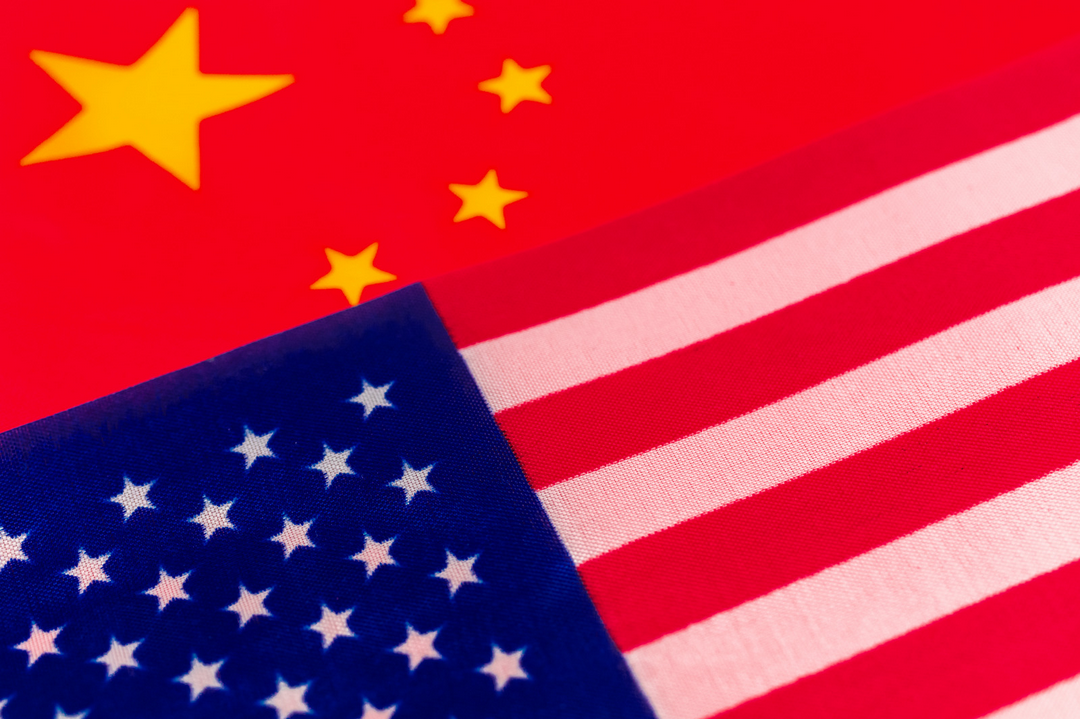The emergence of minilateral initiatives in the Indo-Pacific, particularly the Quadrilateral Security Dialogue (Quad) involving Japan, Australia, India, and the United States, has garnered global attention as a response to shifting power dynamics in the region.
The Quad, distinct from the US–Japan–Australia Trilateral Strategy Dialogue, is characterized by a looser coalition of 'like-minded' states, born out of shared concerns about China's increasing assertiveness in the maritime domain.
Initially proposed by then-Japanese Prime Minister Shinzo Abe in 2007, the Quad gained momentum in 2017 with the revival of the 'Free and Open Indo-Pacific' (FOIP) concept. Despite its rising profile, the Quad lacks an explicitly articulated goal, and its role within the US-led regional architecture remains ambiguous.
While the Quad's members share liberal values and a consensus on the challenges posed by China's rise, they struggle to develop a concrete agenda. India, in particular, has been reluctant to engage in security discussions, fearing the Quad might evolve into an anti-China coalition. This hesitation has diluted the Quad's strategic dimension, as seen in its 2022 joint statement focusing on non-traditional security issues rather than a robust stance against China.
However, recent developments suggest a shift in the Quad's approach to directly address China's challenges in the maritime domain. Joint naval exercises and the Indo-Pacific Partnership for Maritime Domain Awareness (IPMDA) initiative indicate a growing commitment to security cooperation. At the 2023 summit meeting, the Quad members explicitly opposed attempts to change the maritime status quo 'by force or coercion,' emphasizing adherence to international law.
Despite India's reluctance to fully align with the United States, a clearer convergence on maritime security is evident. The Quad's contradictory nature, strengthened by having a non-ally like India, limits its role in reinforcing the US-led security architecture in the Indo-Pacific. While the Quad may not fully evolve as a tool of strategic competition, its growing maritime role remains significant amid complex geopolitical dynamics.





